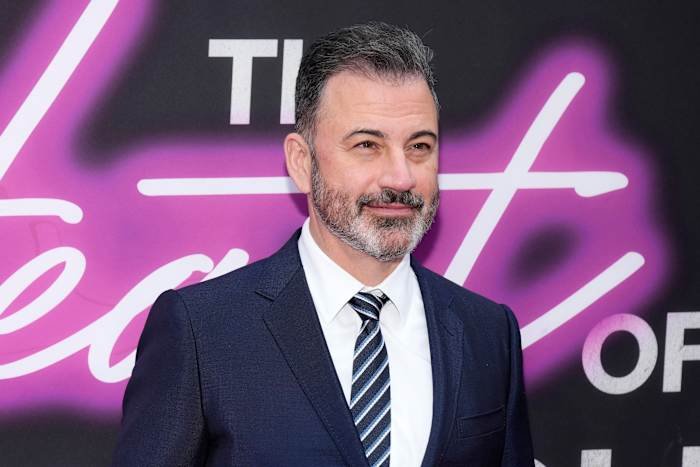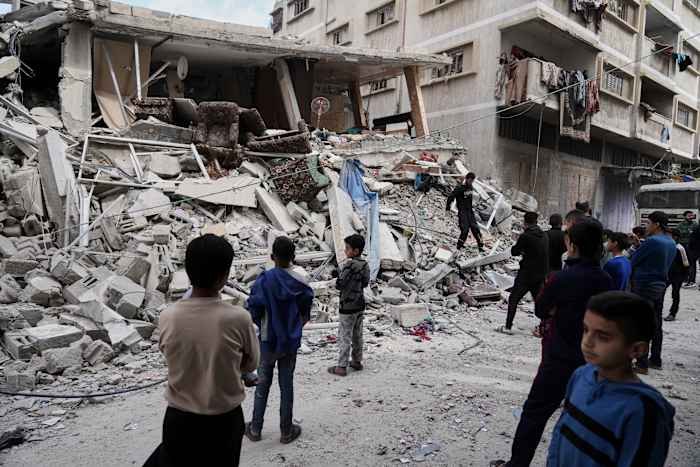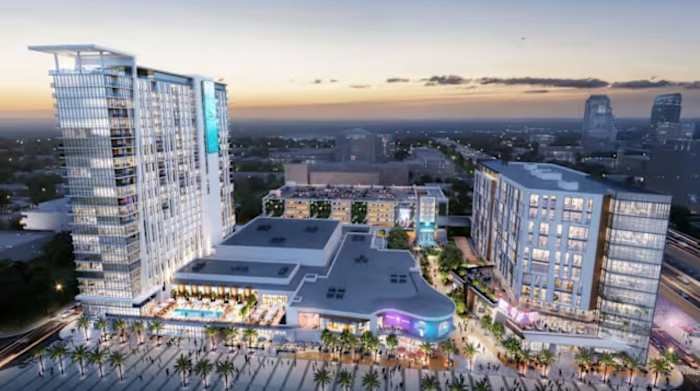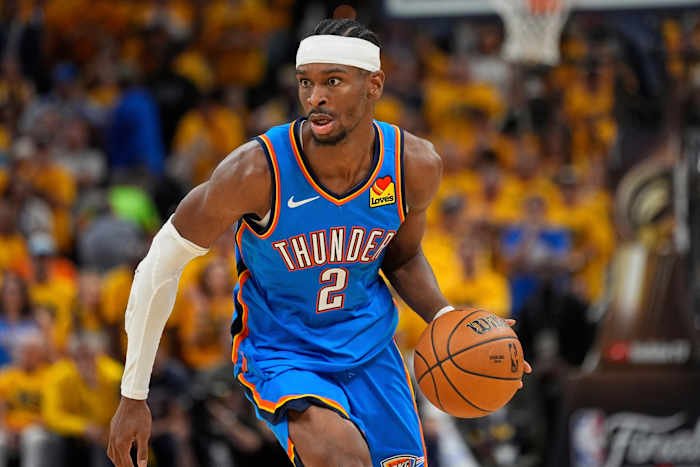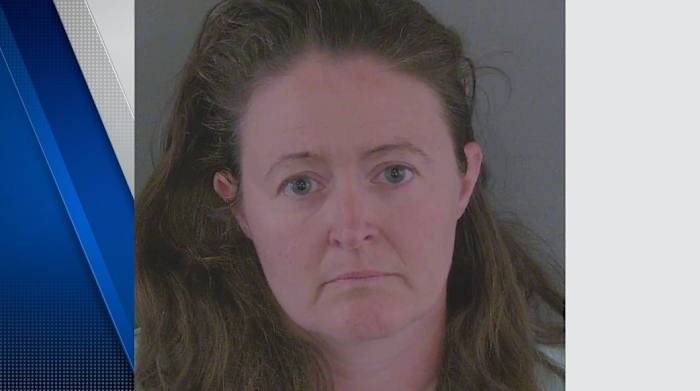Jimmy Kimmel’s late-night show has been abruptly suspended by ABC following the host’s controversial comments regarding the killing of political commentator Charlie Kirk. As the news sends shockwaves through national media and entertainment spheres, Orlando residents and viewers are left questioning what this means for late-night television and the broader implications for free speech, media responsibility, and local communities. In this in-depth look, Daily Orlando News explores the unfolding story, its impact on Orlando, and what may come next for Kimmel and late-night TV.
The Incident That Sparked National Controversy
On what began as a typical episode, Jimmy Kimmel addressed the news of Charlie Kirk’s killing with remarks that many viewers and critics deemed insensitive and inflammatory. The comments quickly went viral, inciting widespread backlash across social media platforms, news outlets, and among political commentators nationwide. ABC responded swiftly, announcing an immediate suspension of Jimmy Kimmel Live! pending further review.
This move by ABC highlights the increasing scrutiny public figures face regarding their words and actions, especially when addressing sensitive topics. The network’s decision to pull the show reflects a broader pattern in the entertainment industry, where accountability and public response can directly influence programming. For Orlando viewers, who often tune in to Kimmel’s show for both entertainment and news commentary, the incident prompts reflection on the evolving standards of media conduct.
Reactions from Orlando’s Media and Public
The Orlando community, known for its vibrant cultural scene and engaged population, has not remained silent. Local media outlets and public figures have weighed in, with some supporting ABC’s decision as a necessary measure to uphold responsible broadcasting, while others express concern over potential threats to freedom of expression. Social media feeds from Orlando residents reveal a mix of disappointment, frustration, and debates about the boundaries of comedy and commentary.
Orlando-based media professionals have also noted the incident’s effect on local journalism. “This serves as a reminder that what happens on national television affects us all,” said Maria Gomez, a media ethics professor at the University of Central Florida. She added, “Local journalists and commentators must also consider the weight of their words, especially in a climate where public trust in media is already fragile.”
Impact on Late-Night TV and Orlando’s Viewing Habits
Late-night television has long been a staple for Orlando viewers seeking both laughter and insight at the end of the day. With Kimmel’s show off the air, fans are left wondering about the future of their evening routines and the broader implications for the genre. Historically, late-night hosts have pushed boundaries, addressing politics and social issues with humor. However, Kimmel’s suspension raises questions about how much risk networks are willing to take in the current media climate.
Local television analysts predict a noticeable shift in viewer habits as Orlando residents seek alternatives. Streaming services, podcasts, and local news programming may see a surge in interest. “We may see a move toward more localized content as national shows face greater scrutiny,” observed Orlando TV critic Trevor Lane. “People want entertainment that reflects their values and addresses issues relevant to their daily lives.”
The Debate: Free Speech Versus Media Responsibility
Kimmel’s suspension has reignited an ongoing debate about the balance between free speech and media responsibility. Supporters of the suspension argue that public figures have a duty to avoid language that could be seen as harmful or inflammatory, especially regarding serious incidents like the killing of Charlie Kirk. Critics counter that comedy and commentary inherently involve risk and that over-policing speech can stifle necessary societal conversations.
In Orlando, this debate is particularly relevant. As a diverse and dynamic city, Orlando prides itself on fostering open discussion while maintaining respect and civility. The community is grappling with how to support media that is both bold and responsible. Local forums and radio talk shows have featured lively debates, with residents calling in to share their thoughts on where the line should be drawn.
What’s Next for Kimmel, ABC, and Orlando Viewers?
While ABC has yet to announce a permanent decision regarding Jimmy Kimmel’s future, industry insiders speculate about possible outcomes. The network could reinstate the show with stricter content guidelines, replace Kimmel with a new host, or even revamp the late-night slot entirely. For Orlando viewers, the uncertainty underscores the rapid changes facing television and media at large.
Meanwhile, local entertainers and comedians in Orlando are watching closely, aware that the national conversation could influence their own creative freedoms and opportunities. “This is a wake-up call for anyone in the public eye,” said Orlando-based comedian Darnell Johnson. “We have to be smart about what we say, but we also need to keep pushing for honest and fearless comedy.”
Conclusion: Orlando’s Role in Shaping the Future of Media
The suspension of Jimmy Kimmel’s late-night show is more than just a Hollywood headline—it’s a moment that prompts all of us, especially here in Orlando, to consider the role of media in society. As we await ABC’s next move, the conversation continues in living rooms, online forums, and local newsrooms across Central Florida. What happens next will undoubtedly influence not just national entertainment, but also the way Orlando’s residents consume and engage with media.
How do you feel about ABC’s decision to suspend Jimmy Kimmel? Should late-night hosts face stricter oversight, or is there a risk of silencing important voices? Let us know your thoughts in the comments below!

